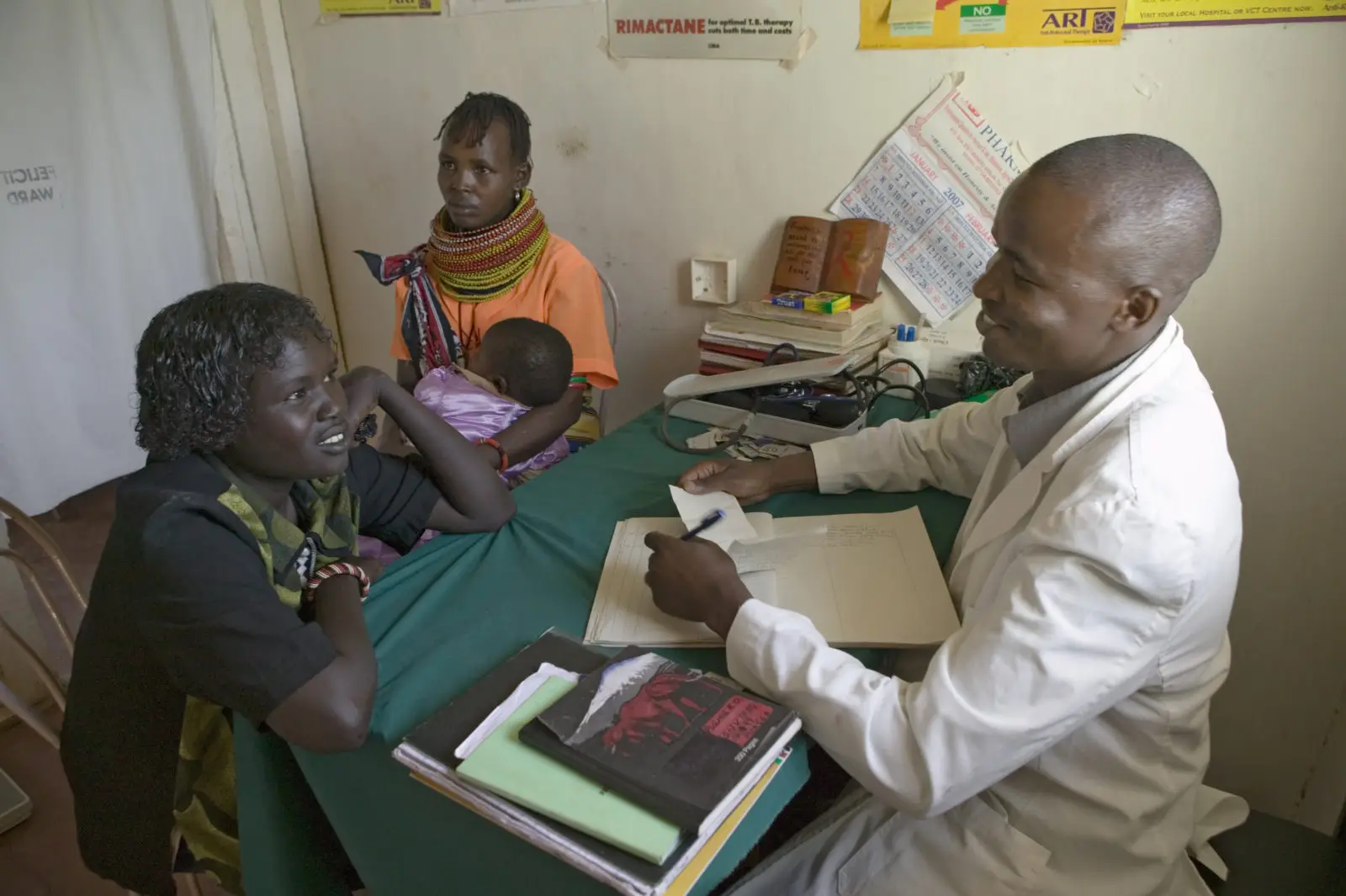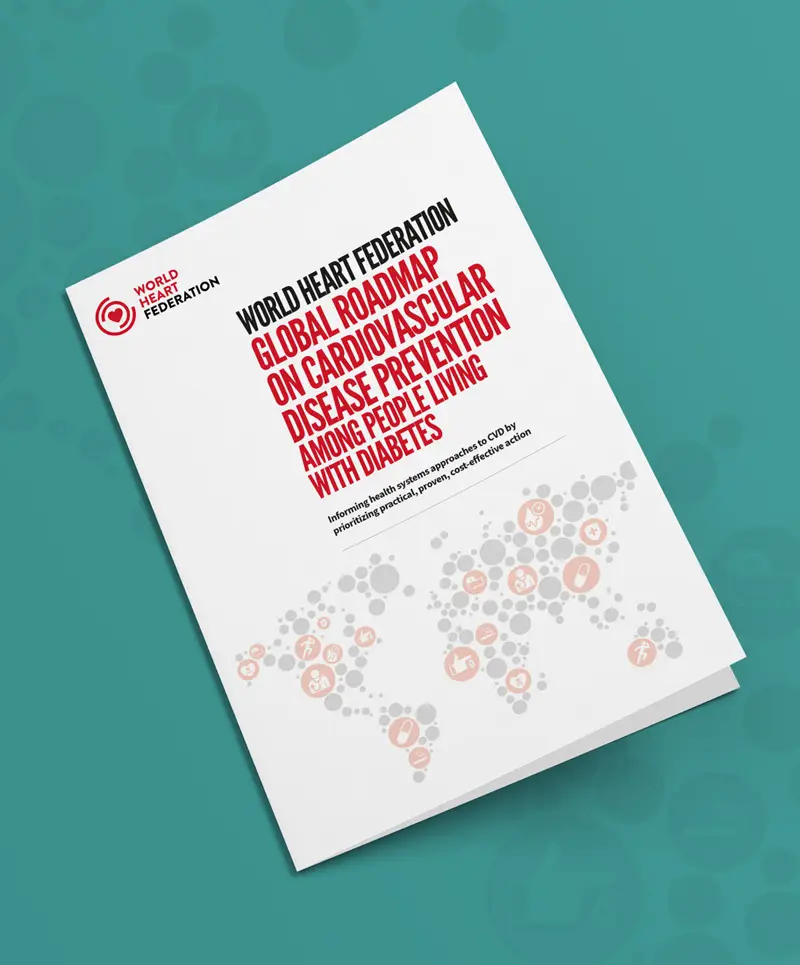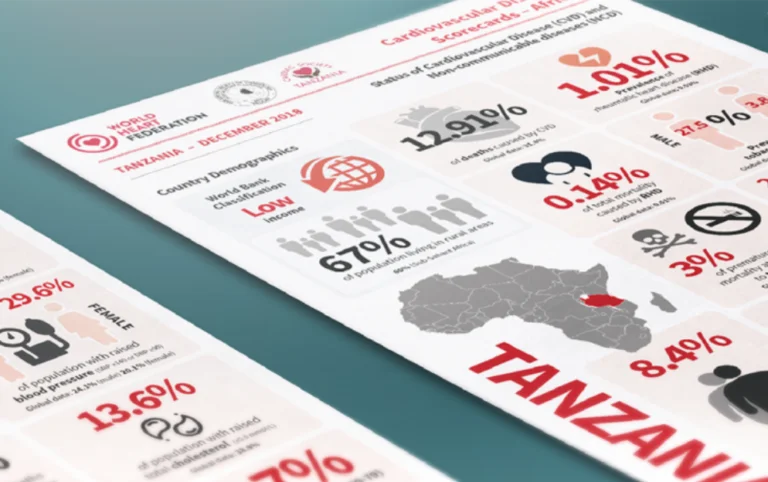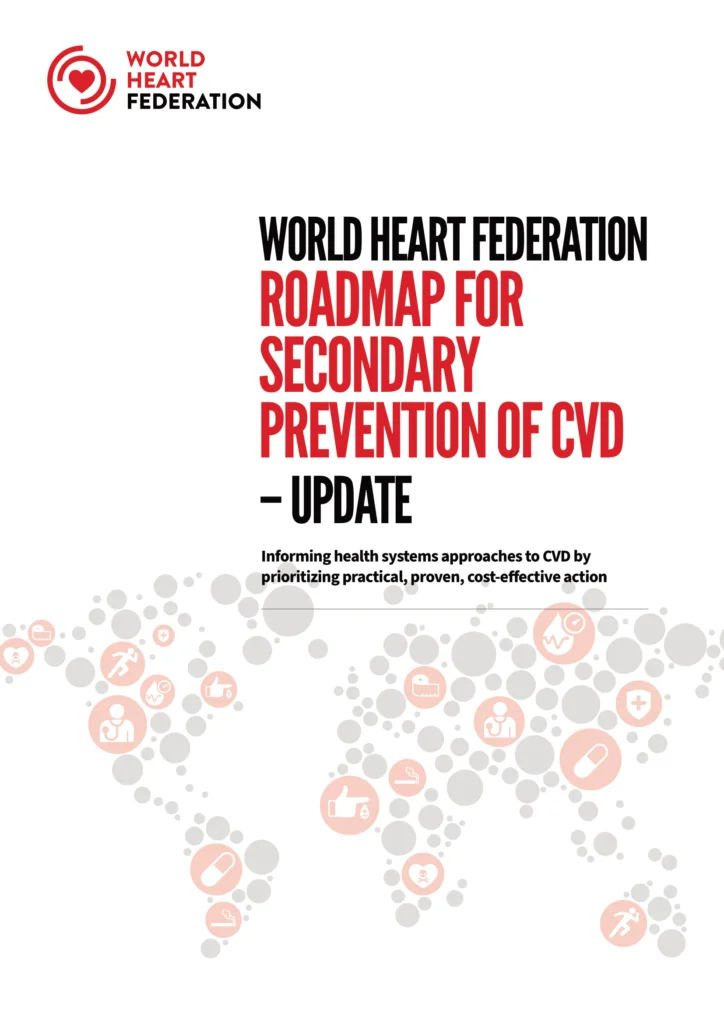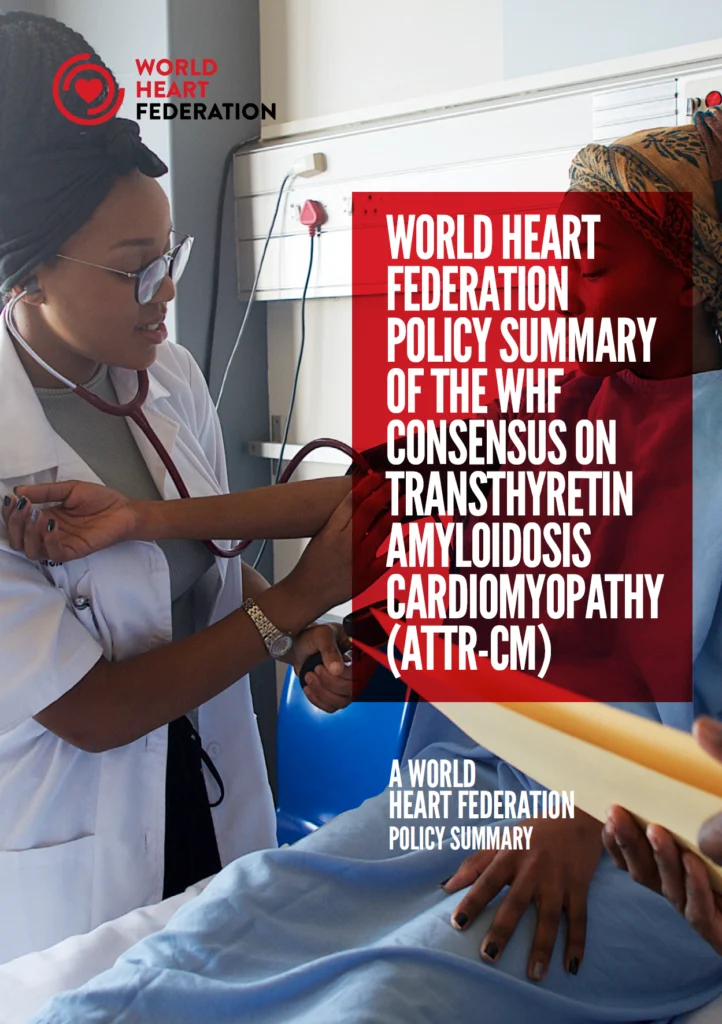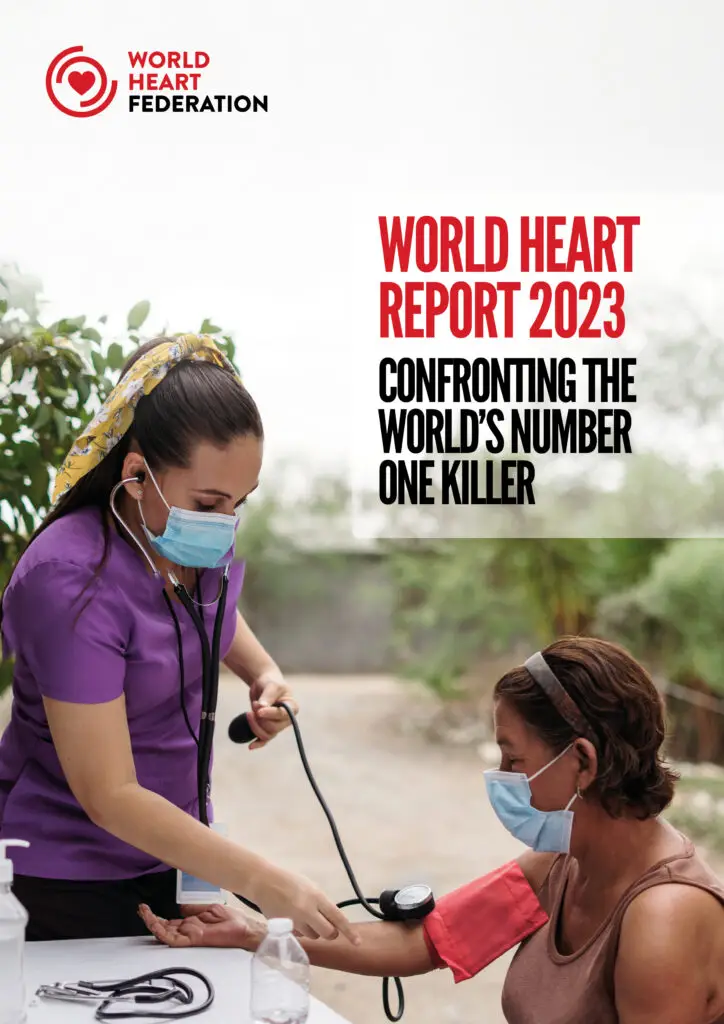The World Heart Federation works to deliver reliable knowledge on the global burden of cardiovascular disease, and information on how it can be managed and prevented in communities around the world.
Global Heart Journal
Our open-access journal, Global Heart, provides a forum for dialogue and education on the prevention, treatment and control of cardiovascular disease worldwide, with a special focus on low resource settings. It publishes research results, points of view and educational material on CVD-related issues.
Visit the Global Heart websiteGlobal Study on COVID-19 and CVD
In order to better understand the intersection between cardiovascular disease and COVID-19, the World Heart Federation embarked on a global study which aims to better describe cardiovascular outcomes and identify cardiovascular risk factors associated with poor prognosis in patients with COVID-19.
Learn moreEmerging Leaders Programme
The WHF Salim Yusuf Emerging Leaders Programme was created to form and develop a long-term cadre of experts who collaborate, research and act to reduce premature mortality from cardiovascular disease globally. The Programme, developed by Dr Salim Yusuf in 2014, provides training and networking opportunities in cardiovascular health policy and implementation science for healthcare practitioners, researchers, and global health advocates.
Learn moreWorld Congress of Cardiology
From 1950 to today, the World Heart Federation’s World Congress of Cardiology (WCC) has been a key event on the cardiovascular calendar, offering a global perspective on cardiovascular health and bringing together thousands of cardiology professionals from all over the world, with the common goal of reducing the global burden of cardiovascular disease.
Learn moreCVD Roadmaps
Our Roadmaps are designed and developed by international teams of experts who together identify challenges and offer solutions on specific topics impacting cardiovascular mortality. They can serve as models for regions and countries to develop their own Roadmaps and create or update their national non-communicable disease action plans. They offer a framework to bring together stakeholders with the objective of determining, prioritizing and implementing solutions to reduce premature CVD deaths in any context.
Atrial Fibrillation
Chagas Disease
Cholesterol
CVD in People Living with Diabetes
Digital Health in Cardiology
Heart Failure
Hypertension
Rheumatic Heart Disease
Secondary Prevention
Tobacco Control
Learn more
CVD Scorecards
Our CVD Scorecards are designed to track and measure the national response of governments to CVD and monitor progress on implementing CVD prevention and management programmes. They provide a core set of indicators which allow us to understand the epidemiological situation in a country, evaluate the status of CVD programmes, identify policy gaps, and help prioritise advocacy for particular policies or programmes.
Learn moreLatest News
Advancing ambitious ncd and cardiovascular agendas at who Executive Board 158
The World Heart Federation (WHF) actively represented the global cardiovascular community at the 158th session of the World Health Organization (WHO) Executive Board, which was held from 02 to 07 February 2026 in Geneva, Switzerland. The WHF delegation, headed by Dr. Bente Mikkelsen, Chair of its Advocacy Committee, delivered a series of statements across multiple […]
Economics of Health for All
Primary Health Care
Well-Being and Health Promotion
Positioning Health as a Foundation for Social and Economic Development
This constituency statement was led and delivered by NCD Alliance, with contributions from the World Heart Federation, under agenda item 26 – Economics of Health for All – at the 158th session of the WHO Executive Board. Distinguished delegates, We welcome WHO’s strategy on the Economics of Health for All. The strategy rightly positions […]
Noncommunicable Diseases
Advancing Well-Being through Action on the Determinants of NCDs
This constituency statement was led and delivered by the World Heart Federation under agenda item 23 – Well-Being and Health Promotion – at the 158th session of the WHO Executive Board. This statement is delivered by the World Heart Federation on behalf of… World Stroke Organization (WSO) International Society on Thrombosis and Haemostasis (ISTH) International […]
Noncommunicable Diseases
Leaving No One Behind: Integrating NCDs into Health Emergencies and Humanitarian Settings
This constituency statement was led and delivered by the World Heart Federation under agenda item 16 – WHO’s Work in Health Emergencies – at the 158th session of the WHO Executive Board. This statement is delivered by the World Heart Federation on behalf of… World Stroke Organization (WSO) Global Alliance for Tobacco Control (GATC) International Society […]
Noncommunicable Diseases

